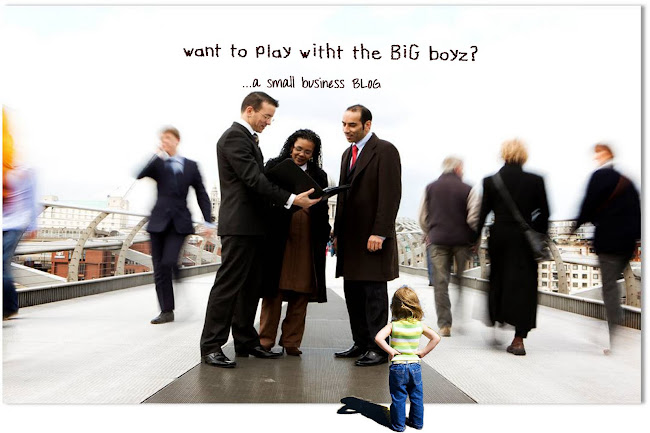Executive Coach
3 Fundamentals
1.) Child-Development: Our brain is still developing in our childhood. But, at about puberty, it loses a lot of it's elasticity, it locks in and stores, what has been recorded and this becomes the core of our permanent identity. We can only learn to manipulate it, but the raw elements of what becomes this identity are woven into the fabric of our unconscious mind.
2.) The Formation of Our Identity: The self image is an internal mechanism. It records what we experience through our senses 24 hours a day. Through this unconscious recording, it dictates who we are, and what we should feel. So in reality we train it by exposing ourselves to thoughts (self-talk) relationships, by what we watch and listen to. From this it learns to recognize patters and then it demands from us what we have programmed it to demand.
3.) The Definition of Projections: Projections are the attribution of one's own attitudes, feelings, or suppositions to others: and/or the attribution of one's own attitudes, feelings, or desires to someone or something as a naive or unconscious defense against anxiety or guilt.
The challenge we face with this truth, is as a child we learn to accept what is given to us by authority figures. We as children are not in control of what we learn or understand as acceptable.
Now, if we came from great parents, this will help to propel us forward in life. However, if it seemed that you had a dysfunctional upbringing it’s important for you to be self-aware, of what is going on inside your self-image. This will help you to take steps to amend the errors.
Most of our adult life we are fighting against patterns rooted in our childhood. Maybe our parent’s fought all the time. Maybe, we were abused, or in foster care or maybe our parents were absent physically or emotionally.
If we don’t learn to manipulate and reframe these patterns, we will spend our entire adult lives, fighting for what we felt we lacked as a child. We will interpret our present adult experiences through the emotions of our childhood.
As a child if we are feeling abandoned or neglected by our care takers, some of the patterns we may see or experience depending on our personality and temperament could be things like: constantly seeking attention from our most intimate partner, becoming too needy, hypersensitive, never convinced our partner loves us, regardless of what he/she does in attempts to convince us otherwise, or we may become aloof and cold, to protect ourselves from feeling abandoned, or we may withdraw when feelings of intimacy arise.
Under certain triggers we will interpret our present adult experience through the emotions of our childhood. The more emotionally charged the experiences the more stained our self-image will be. For example if you were in fact abused emotionally, mentally or physically. Depending on personality and temperaments, you may become abusive yourself, you may be prone to projecting and overreacting to those closest to you. You may fight depression. And this is because: this is who yourself image says you are. What you experienced as a child, when triggered will be a constant state, as though you were reliving those moments, over and over again.
Now these are extreme cases, there are degrees of struggle; my goal was to expose you to the logic of the self image, so that you may recognize it in your own life, based on your upbringing.
A FREE evaluation with an executive coach is a value of $500.


No comments:
Post a Comment